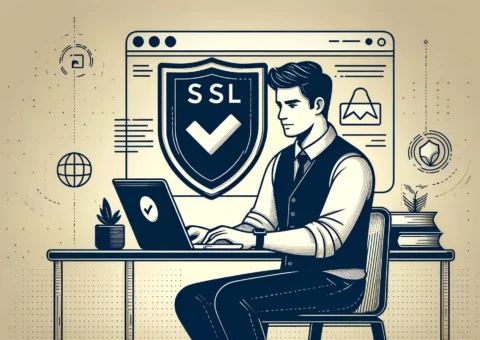Why Do You Need an SSL Certificate for Your Website?
Are you wondering: “Do I need an SSL certificate for my website?“ The answer is a resounding yes. An SSL certificate secures connections between your web server and visitors’ browsers. It encrypts sensitive information, such as personal data and credit card numbers, keeping them safe from cyber threats. But the benefits don’t end there. SSL […]































